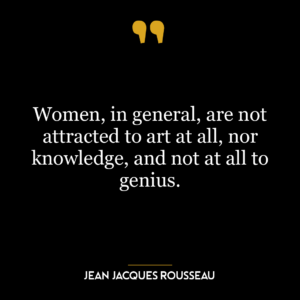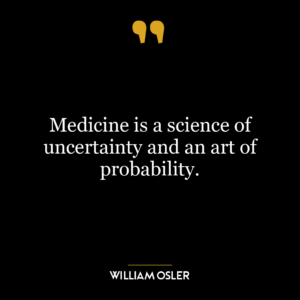This quote suggests that a person with knowledge, like a fertile soil, is capable of nurturing a great many things. However, the nature of what is nurtured depends on how that knowledge is used. If used wisely and constructively, it can bear fruitful results akin to a field of corn. But if misused or left unguided, it can also lead to the growth of negative elements, represented here by weeds.
The corn and weeds are metaphors for positive and negative outcomes respectively. The corn symbolizes productivity, growth, and prosperity, while the weeds represent harmful, unproductive elements that can hinder growth and development.
In today’s context, this quote emphasizes the importance of using knowledge responsibly. With the advent of the digital age, we have access to a vast amount of information and knowledge. How we use this knowledge can either lead to progress and growth, or misinformation and chaos. For instance, the knowledge of technology can lead to groundbreaking innovations that improve quality of life. On the other hand, the misuse of the same knowledge can lead to destructive consequences such as cybercrime, privacy breaches, and spreading of false information.
In terms of personal development, this quote can be interpreted as a reminder to use our knowledge and skills for positive growth and to contribute constructively to society. It encourages us to continuously learn and grow, but also to be mindful of the impact of our actions. It prompts us to weed out negative tendencies and foster positive ones, much like a gardener nurturing a healthy, productive garden.
Ultimately, the quote underscores the power of knowledge and the responsibility that comes with it. It serves as a reminder that knowledge, like rich soil, has the potential to feed a world of corn or a world of weeds, depending on how it’s cultivated and used.











